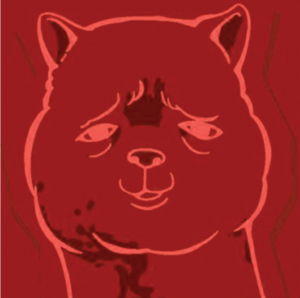Word of the Week comes from the Grass-Mud Horse Lexicon, a glossary of terms created by Chinese netizens and encountered in online political discussions. These are the words of China’s online “resistance discourse,” used to mock and subvert the official language around censorship and political correctness.
躲猫猫(死)(duǒ māomāo (sǐ)): (death by) hide-and-seek
Death in police custody under suspicious circumstances.
In 2009, farmer Li Qiaoming died while in detention for illegal logging. The prison authorities claimed that Li died of a head injury sustained while playing hide-and-seek with other inmates. Netizens balked, saying they suspected Li had instead been beaten to death by the police.
To assuage online anger, the provincial authorities asked for volunteers for an inspection of the prison. Fifteen inspectors were “randomly selected” from a pool of about 1,000. But the inspection backfired when the public learned that the “volunteers” were former employees of state-run media.
The “hide-and-seek incident” (躲猫猫事件 duǒ māomāo shìjiàn) now symbolizes cover-ups of police brutality.
Sample Usage:
媒体人任东杰: Hunan: Suspect Dies at Public Security Bureau, Police Say He “Died in His Sleep”
湖南:嫌犯公安局身亡 警方称系“睡死的”
李庄: Died in his sleep? After death by face washing, death by hide-and-seek, death by meal, and death by drinking water, a new way of dying. (October 16, 2014)
睡觉死?继洗脸死、躲猫猫死、吃饭死、喝水死后的新死法。 [Chinese]
See also death by drinking boiled water, hang oneself, death by nightmare, and “suffocation by quilt.”










